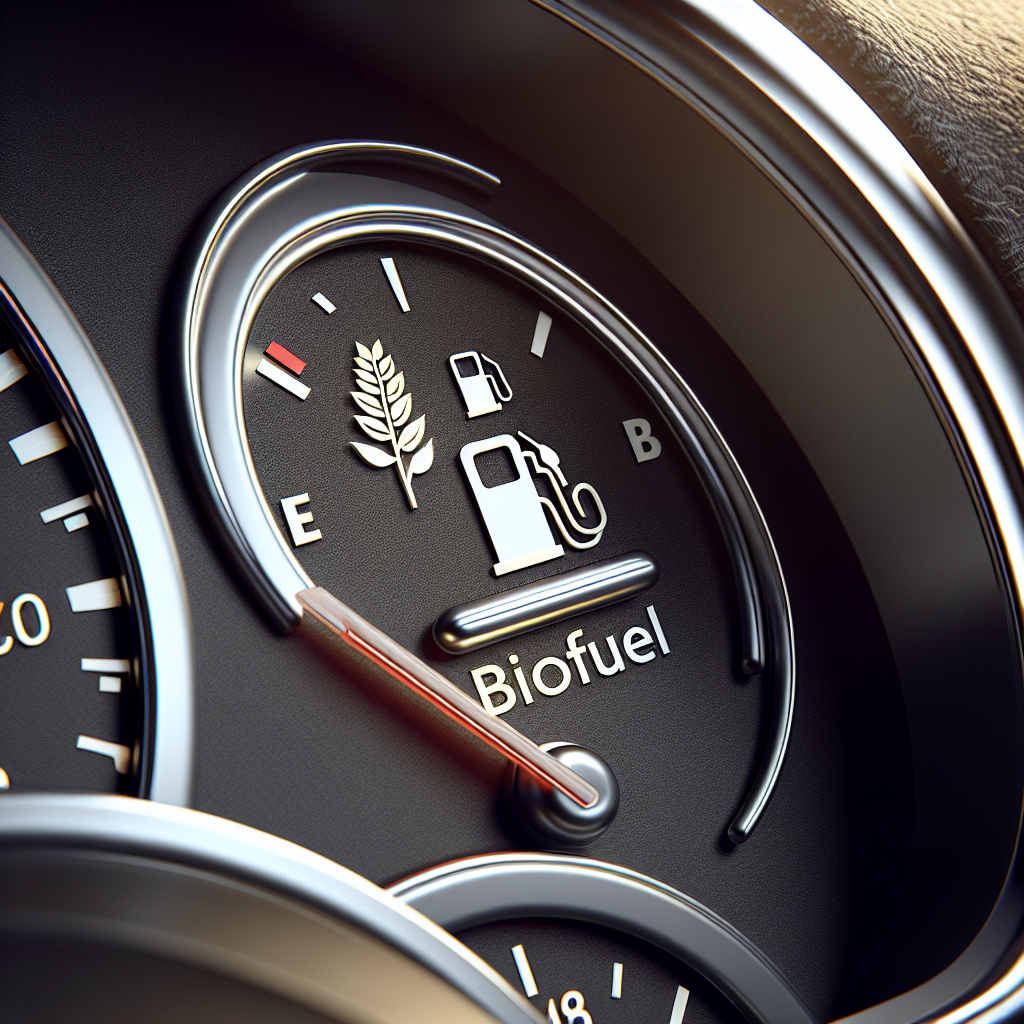Biofuels for Cars: Solution or Stopgap?
As the global community seeks sustainable alternatives to fossil fuels, biofuels have emerged as a prominent contender in the quest for green energy solutions, especially in the automotive sector. Derived from biomass, biofuels offer the tantalizing promise of a renewable energy source that can power our vehicles without contributing to climate change. However, the debate surrounding their efficacy and sustainability reveals a complex landscape of advantages and challenges, raising the question: Are biofuels for cars a solution or merely a stopgap in the transition to a more sustainable future?
The Rise of Biofuels
Biofuels are produced from living or recently living organisms, including plants, algae, and agricultural waste. The most common types of biofuels for cars are bioethanol and biodiesel, which can be used in existing internal combustion engines with minimal or no modifications. Bioethanol, made predominantly from crops like corn and sugarcane, can be blended with gasoline, while biodiesel is derived from vegetable oils or animal fats and can be mixed with diesel.
The appeal of biofuels lies in their potential to reduce greenhouse gas emissions. Unlike fossil fuels, the carbon dioxide released when biofuels are burned is roughly equal to the amount absorbed by the plants during their growth, creating a closed carbon cycle. This characteristic positions biofuels as an attractive alternative to petroleum-based fuels, with the added benefit of leveraging existing fuel distribution infrastructure and vehicle technologies.
Environmental Impact and Sustainability
The environmental credentials of biofuels depend heavily on how they are produced. When made using sustainable practices, biofuels can significantly reduce carbon footprints. For instance, advanced biofuels, like those derived from non-food crops or agricultural waste, offer considerable reductions in greenhouse gas emissions compared to conventional fuels.
However, the production of biofuels is not without its environmental concerns. The demand for biofuel crops can lead to deforestation, loss of biodiversity, and competition with food production, potentially causing food prices to rise. Moreover, the cultivation of biofuel crops often involves intensive use of water, fertilizers, and pesticides, which can lead to water pollution and soil degradation.
Economic and Social Implications
Biofuels hold the potential to bolster energy security by reducing dependence on imported oil, promoting rural development, and creating employment opportunities in the agricultural and energy sectors. Nevertheless, the viability of biofuels is influenced by fluctuating crop prices and the need for significant investment in research and development to make biofuel production more efficient and less reliant on food crops.
In regions where biofuels are produced, there can be positive economic impacts, especially in rural areas. However, if not managed carefully, the push for biofuel crops can exacerbate land disputes, displace local populations, and threaten food security by prioritizing fuel over food production.
Technological Advances and the Future
The future of biofuels hinges on advancements in technology that can unlock the potential of next-generation biofuels. These include biofuels made from non-food biomass, such as agricultural residues, algae, and specially-engineered energy crops that do not compete with food production and have a lower environmental footprint. Innovations in biotechnology and process engineering are key to making these biofuels cost-competitive with fossil fuels and current-generation biofuels.
Biofuels: Solution or Stopgap?
Evaluating whether biofuels are a solution or a stopgap measure in our transition to a sustainable future requires a nuanced understanding of their benefits and limitations. In the short to medium term, biofuels offer a viable path to reducing greenhouse gas emissions from the transportation sector, leveraging existing infrastructure and technology. However, their sustainability is contingent on responsible production practices, advances in technology, and the development of policies that mitigate negative social and environmental impacts.
In the long term, the role of biofuels may evolve as part of a broader, more diversified energy strategy that includes electrification of transport and the use of hydrogen fuel. As such, biofuels could serve as a critical bridge in the transition to a zero-emissions future, provided their deployment is managed sustainably and equitably.
FAQs about Biofuels for Cars
Q: Can biofuels completely replace fossil fuels in cars?
A: While biofuels can significantly reduce reliance on fossil fuels, a complete replacement is unlikely in the short term due to current production limitations and the need for further technological advancements.
Q: Are all biofuels environmentally friendly?
A: The environmental impact of biofuels varies depending on how they are produced. Sustainable practices can minimize negative effects, but some production methods may have adverse environmental consequences.
Q: Can I use biofuels in my car?
A: Many cars can use biofuels without modification, especially blends of bioethanol with gasoline and biodiesel with diesel. However, it’s important to check the vehicle manufacturer’s recommendations.
Q: Are biofuels more expensive than fossil fuels?
A: The cost of biofuels can vary widely depending on production methods, crop prices, and government subsidies. In some cases, biofuels may be competitively priced with fossil fuels, but in others, they may be more expensive.
Q: What are the challenges facing the biofuel industry?
A: Challenges include improving the efficiency and sustainability of biofuel production, reducing competition with food crops, managing water use and environmental impacts, and lowering costs to make biofuels more competitive with conventional fuels.
Biofuels for cars present a promising, albeit complex, pathway toward a more sustainable transportation sector. Their success as either a solution or a stopgap measure will largely depend on future technological breakthroughs, policy decisions, and the global commitment to achieving a balanced and sustainable energy portfolio.

